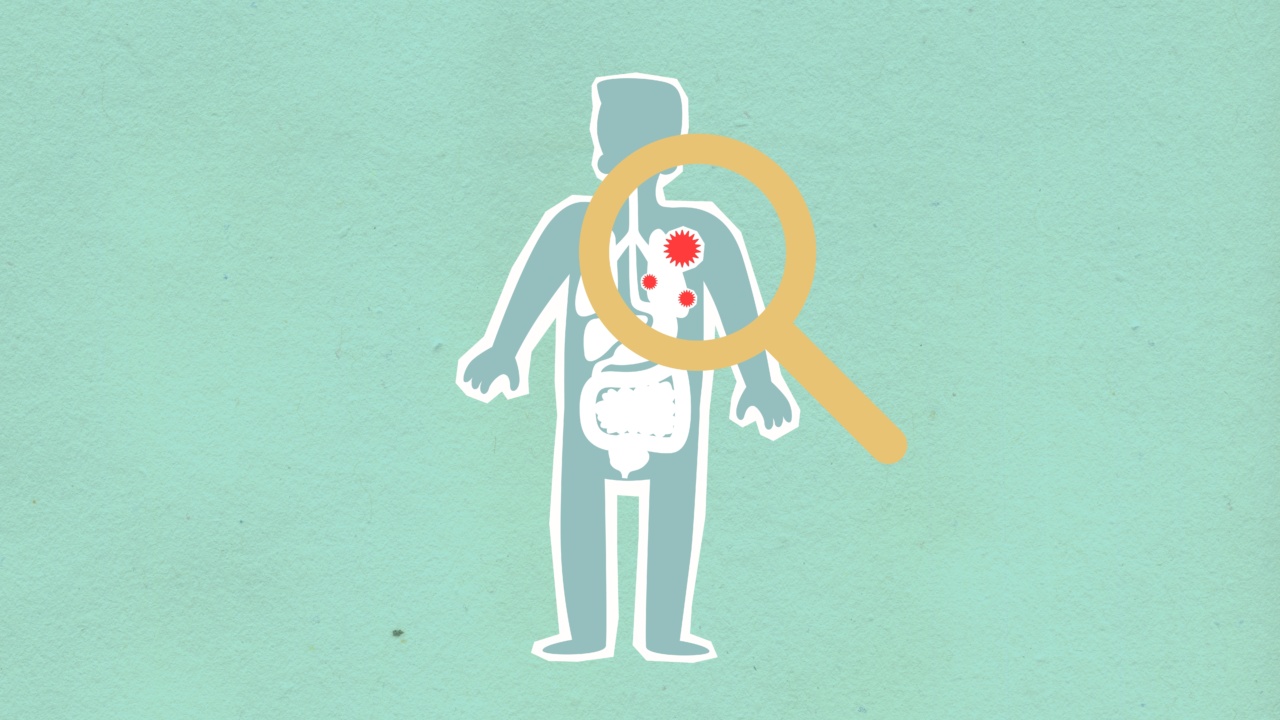Parkinson’s disease is a progressive neurodegenerative disorder that affects the central nervous system.
It typically develops after the age of 50 and is characterized by a decrease in the production of dopamine, a neurotransmitter that helps to regulate movement and emotions. As a result, individuals with Parkinson’s experience motor symptoms such as tremors, stiffness, and difficulty with coordination, as well as non-motor symptoms such as depression, anxiety, and cognitive impairment.
The Prevalence of Parkinson’s Disease
Parkinson’s disease affects an estimated 1 million individuals in the United States and 10 million individuals worldwide.
The prevalence of Parkinson’s disease increases with age, with the majority of cases occurring in individuals over the age of 60. Parkinson’s disease is more common in men than women and is more prevalent among individuals of European descent.
The Impact of Parkinson’s Disease on Longevity
Research has shown that individuals with Parkinson’s disease have a shorter life expectancy compared to individuals without the disease.
A study published in the journal Movement Disorders found that the mean life expectancy for individuals with Parkinson’s disease was 9.6 years after diagnosis, compared to 12.8 years for individuals without the disease.
The study also found that the age at which an individual is diagnosed with Parkinson’s disease can impact their life expectancy, with individuals diagnosed at a younger age having longer life expectancies compared to those diagnosed at an older age.
The reasons for the reduced life expectancy among individuals with Parkinson’s disease are not entirely clear. It is believed that the disease itself may contribute to an increased risk of mortality due to its impact on the central nervous system.
Additionally, individuals with Parkinson’s disease are at increased risk of falls, which can result in serious injuries or complications, such as pneumonia or sepsis.
Factors That Influence Longevity in Parkinson’s Disease
While Parkinson’s disease itself can impact longevity, there are several factors that can influence an individual’s life expectancy, including:.
Age at Diagnosis
As mentioned previously, the age at which an individual is diagnosed with Parkinson’s disease can impact their life expectancy.
Studies have shown that individuals diagnosed with Parkinson’s disease at a younger age tend to have longer life expectancies compared to those diagnosed at an older age.
Disease Progression
The rate of disease progression can also impact an individual’s life expectancy. Parkinson’s disease is a progressive disorder, meaning that symptoms tend to worsen over time.
Individuals with a more rapid disease progression may experience a shorter lifespan compared to those with a more gradual disease progression.
Co-existing Health Conditions
Individuals with Parkinson’s disease often experience other health conditions, such as heart disease, diabetes, or respiratory conditions.
These co-existing health conditions can impact an individual’s life expectancy in addition to the impact of Parkinson’s disease itself.
Treatment Adherence
The effectiveness of treatment for Parkinson’s disease can impact an individual’s quality of life and life expectancy.
Adherence to medication regimens, physical therapy, and other treatments can help to slow disease progression and improve symptoms. Individuals who adhere to recommended treatments may have longer life expectancies compared to those who do not.
Improving Longevity in Parkinson’s Disease
While Parkinson’s disease can impact longevity, there are measures that individuals with the disease can take to improve their quality of life and potentially increase their life expectancy. These include:.
Regular Exercise
Exercise has been shown to improve motor symptoms and quality of life in individuals with Parkinson’s disease. Regular physical activity may also help to prevent co-existing health conditions, such as heart disease or diabetes.
Healthy Diet
A healthy diet can help to reduce the risk of co-existing health conditions, such as heart disease or stroke, that can impact longevity in individuals with Parkinson’s disease.
A diet rich in fruits, vegetables, whole grains, and lean protein sources is recommended.
Medication Adherence
Adherence to medication regimens for Parkinson’s disease can help to improve symptoms and slow disease progression, potentially improving longevity.
Individuals with Parkinson’s disease should work closely with their healthcare provider to ensure that they are taking medications as prescribed.
Regular Medical Care
Regular medical care, including routine check-ups and monitoring for co-existing health conditions, can help to improve overall health and potentially increase life expectancy.
Conclusion
Parkinson’s disease can impact quality of life and longevity, but there are measures that individuals with the disease can take to improve their health and potentially lengthen their lifespan.
Factors such as age at diagnosis, disease progression, co-existing health conditions, and treatment adherence can all impact life expectancy in individuals with Parkinson’s disease. Regular exercise, a healthy diet, medication adherence, and regular medical care can all help to improve quality of life and potentially increase longevity in individuals with Parkinson’s disease.





























